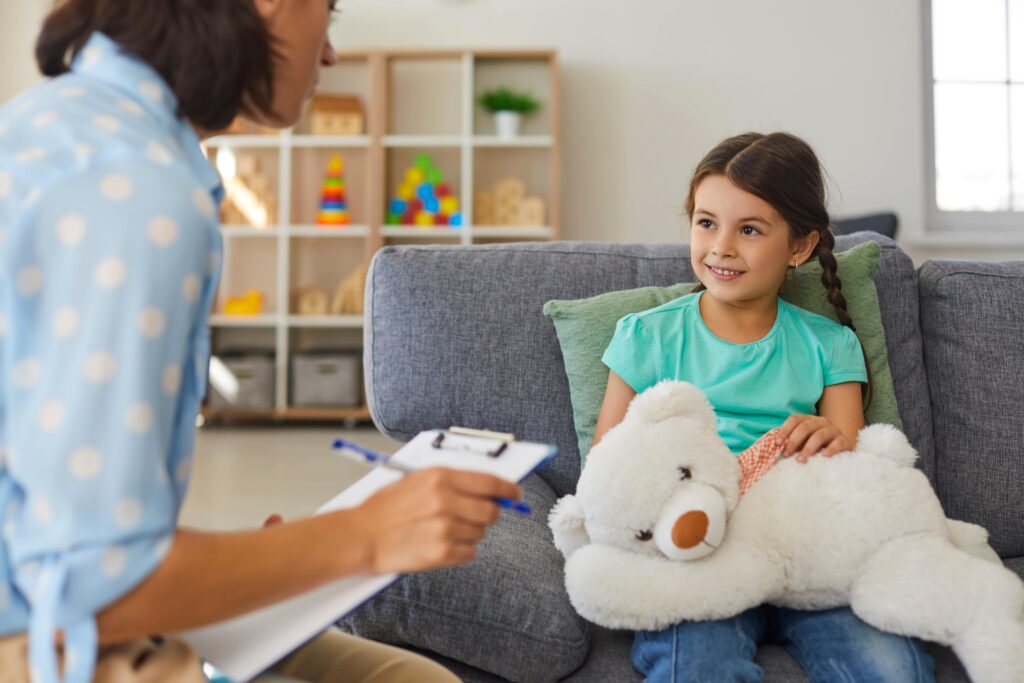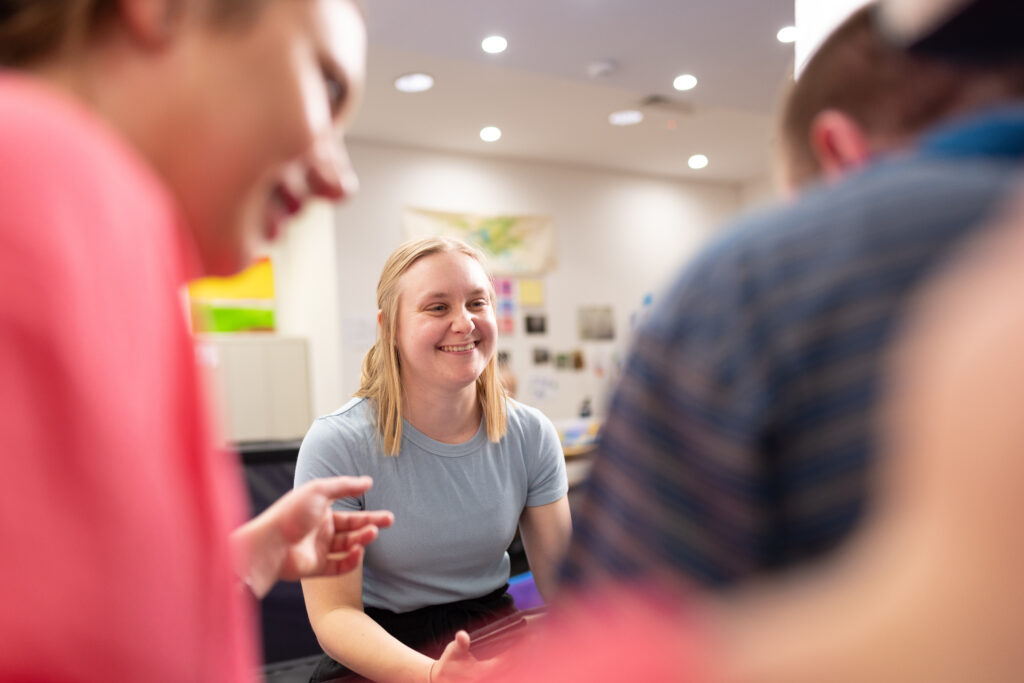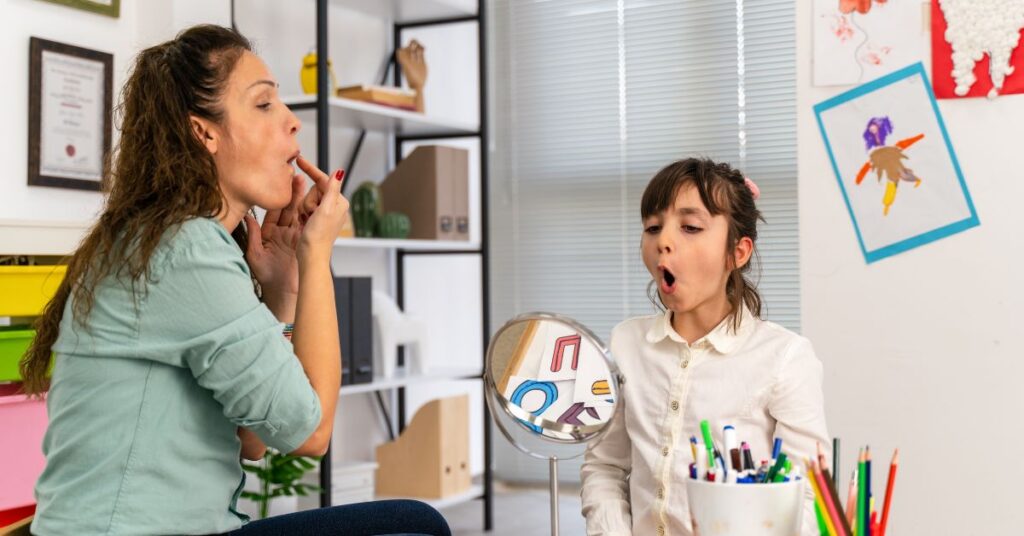Supporting teens with the NDIS: therapy for adolescents

Therapy with adolescent populations
Navigating adolescence can be a tricky time for young people and their families.
Adolescent years are full of big changes and transitions, and for young people, having the right supports can make a big difference in their lives.
Therapists and the NDIS can play an important role in helping teens build independence, strengthen social connections, explore their identity, and prepare for life post-school.
The role of therapy supporting developmental growth of teens
Building independence
- Provision of support with daily living skills such as cooking, transport training, and personal care
- Encouraging responsibility and decision-making in safe and supported ways
- Facilitating other formal support pathways such as mentors and support workers where possible
Growing social connectedness
- Supporting teens and families to access community activities, sports, or interest-based groups to develop their connectedness with peers
- Building confidence to make and maintain friendships
- Problem-solving for more complex social interactions in real-world settings
Planning for the future
- Exploration of potential education, vocational, or employment opportunities. This can include empowering teens and their families to access the School Leavers Employment Support Program through their NDIS plan.
- Supporting establishment and engagement of routines
- Helping teens to set goals which align with their interests and strengths

How does therapy may look with adolescents?
Therapy with teens must be flexible, relevant and embedded in their world.
Strategies used by therapists may look different to typical paediatric therapy and is carefully chosen to support engagement and participation in therapy to best suit their needs.
Strategies may include:
Body doubling/mirroring
Therapists will work alongside teens and leverage opportunities for co-regulation and interest-led interactions.
You may see therapists following the lead of young people, sitting next to them on a couch, sharing their space, and mirroring their body language.
This is a strategy which helps teens to build trust, feel heard, and feel validated in supporting the therapeutic relationship.
Interest-based engagement
Therapists will use gaming, art, social media, artificial intelligence, or movement to integrate therapy goals into sessions.
Therapy should always feel relevant to client goals and interests.
Collaborative therapy
Allowing teens to shape the session fosters intrinsic motivation and ultimately, greater engagement and outcomes.
Movement
Incorporating movement (e.g., throwing a ball back and forth) to facilitate trust and regulation.
This also takes the pressure off teens feeling as though they need to engage in back-and-forth conversations, which can sometimes feel overwhelming.
Skills considered in therapy with teens
Support for teens may cover some of the following areas:
- Self-monitoring and awareness of own behaviour
- Thinking processes and transitions
- Task initiation and organisational skills
- Emotional regulation and understanding sensory preferences
- Social skills and confidence
- Executive functioning
- Independence with daily living skills

Therapeutic contexts and goal setting with teens
Under best practice guidelines, therapy should occur, when possible, in the spaces that are most comfortable and meaningful for clients.
Goals work best when the young person feels ownership and motivation towards them.
Involving teens in the process helps them learn to express their needs, preferences and aspirations.
Combined with contextually relevant therapy, this helps teens to apply their learning across environments which matter most to them and will support them in working towards their goals.
Supporting adolescents through these formative years isn’t just about meeting their immediate needs but about setting them up for a confident and meaningful future.
With the right mix of supports, teens and their support networks should feel empowered to thrive in their new experiences, develop skills to participate more independently in daily activities, and prepare for adulthood, however that may look for them.
Families can feel reassured that the young person in their lives is moving forward with the right foundation and supports in place.
Where to get help
If your teenager is accessing the NDIS and you’re wondering how therapy can support their growth, we’re here to help.
Our team at Early Start Australia are trained in adolescent development and ready to work with your teen to build skills, confidence, and independence.
Contact us today to learn more or book an appointment.









